DuMOR All-Natural Small Pet Hay Medley, 9 lb. Box
Great for rabbits, guinea pigs, chinchillas, hamsters and gerbils, the DuMOR All-Natural Small Pet Hay Medley is designed for adult and senior small animals. Featuring Timothy, Botanical and Orchard Grass hays, this small pet hay is sure to give your animal everything they need. The small animal hay can help promote dental health, and it comes free of additives and preservatives yet full of nutrients, vitamins, minerals and proteins to help with digestion.
Great for rabbits, guinea pigs, chinchillas, hamsters and gerbils, the DuMOR All-Natural Small Pet Hay Medley is designed for adult and senior small animals. Featuring Timothy, Botanical and Orchard Grass hays, this small pet hay is sure to give your animal everything they need. The small animal hay can help promote dental health, and it comes free of additives and preservatives yet full of nutrients, vitamins, minerals and proteins to help with digestion.
- Small animal hay is great for adult-aged and senior small animals
- Composed of 3 types of hay: Timothy, Botanical and Orchard Grass
- Orchard Grass hay is a soft, stem-less and flat blade hay that is sweet tasting and great for adult and senior animals
- Timothy and Botanical hays are long-stranded hays that are high in fiber and help support digestion
- Botanical hay is a mix of herbs and flowers that contain natural nutrients, vitamins, minerals and proteins
- Full of nutrients, vitamins, minerals and proteins to aid in digestion
- Feeding your small pet hay can help promote dental health
- Free of additives and preservatives
- Made in the USA
- Includes a 9 lb. box of small animal hay
- Satisfaction guaranteed
Additional information
| Country of Origin | Made in USA |
|---|---|
| Hay Type | Timothy |
| Health Features | General Wellness |
| Life Stage | Adult |
| Packaged Height | 8.5 in. |
| Packaged Length | 23 in. |
| Packaged Weight | 9 lb. |
| Packaged Width | 12.13 in. |
| Package Weight | 9 lb. |
| Special Diets | All Natural, Preservative Free |
| Manufacturer Part Number | 42935 |


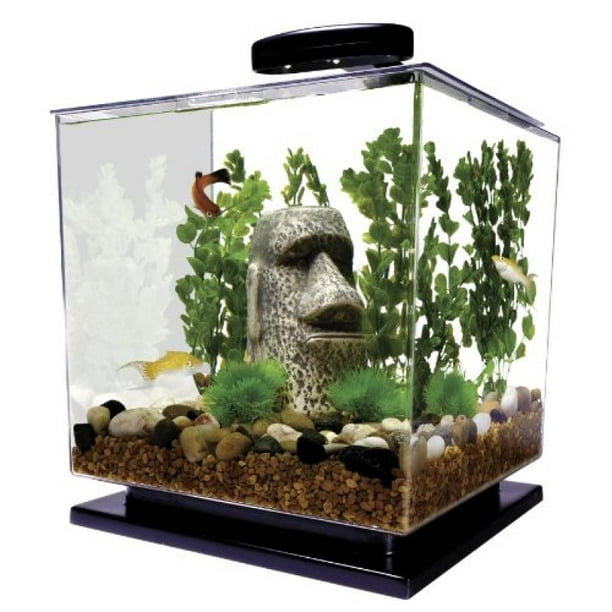
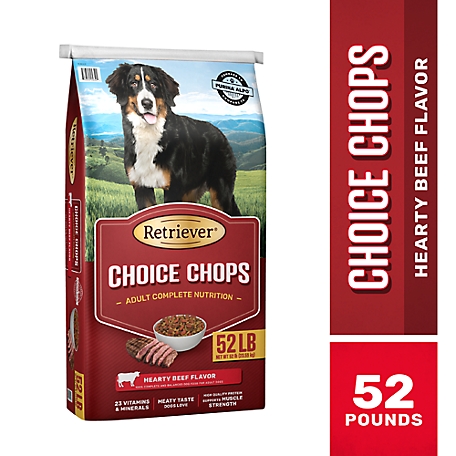
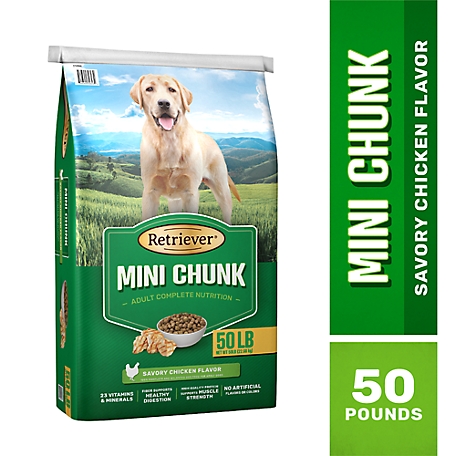
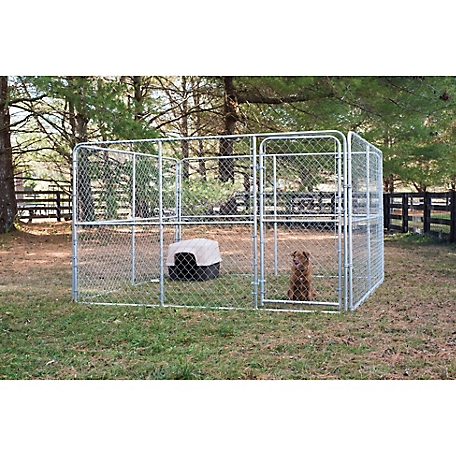

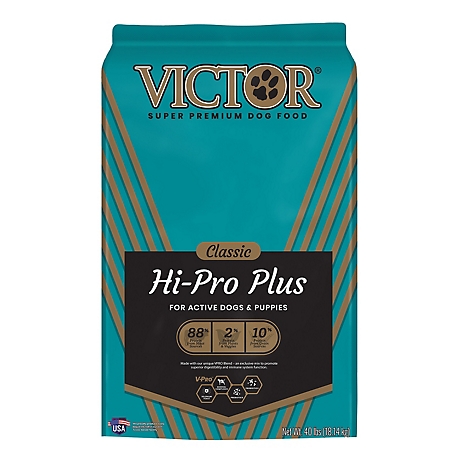

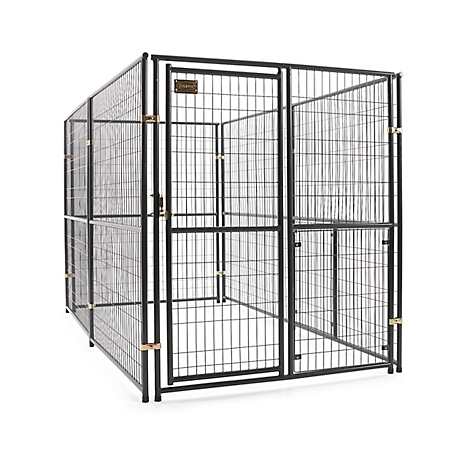

by Mike
Our rabbits love the blend!
by Andrew
My fur babies love this stuff
by Lynn
I love the hay with the addition of flowers, and so do my two girls (rabbits). I would buy only this for my bunnies, however, due to rising costs of the product I’m going with something cheaper because these two are eating me out of house and home.
by Kiki
Very fresh hay medley